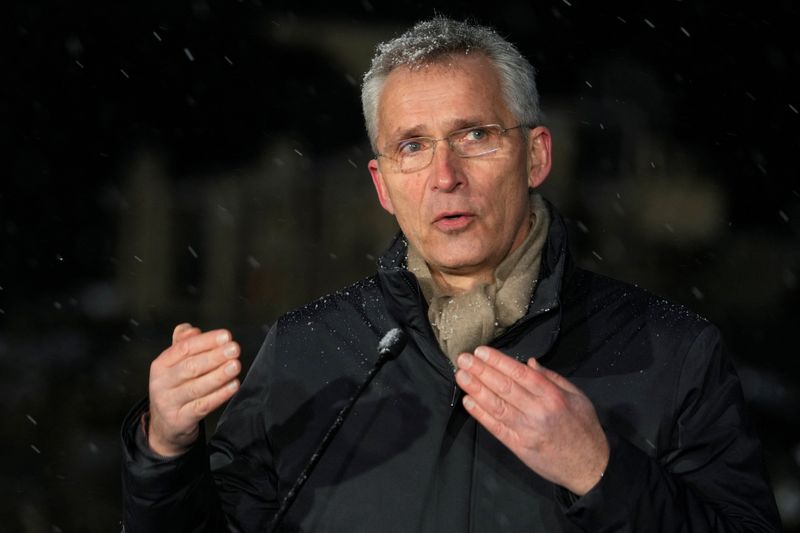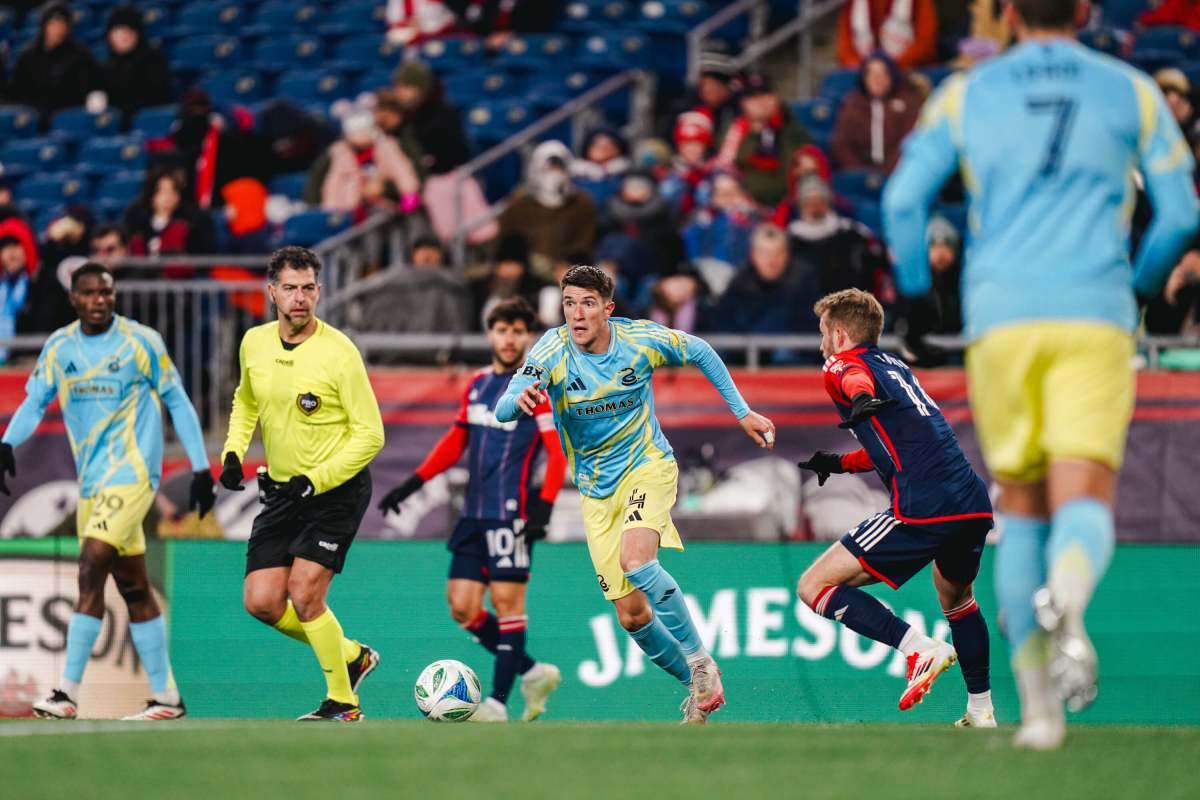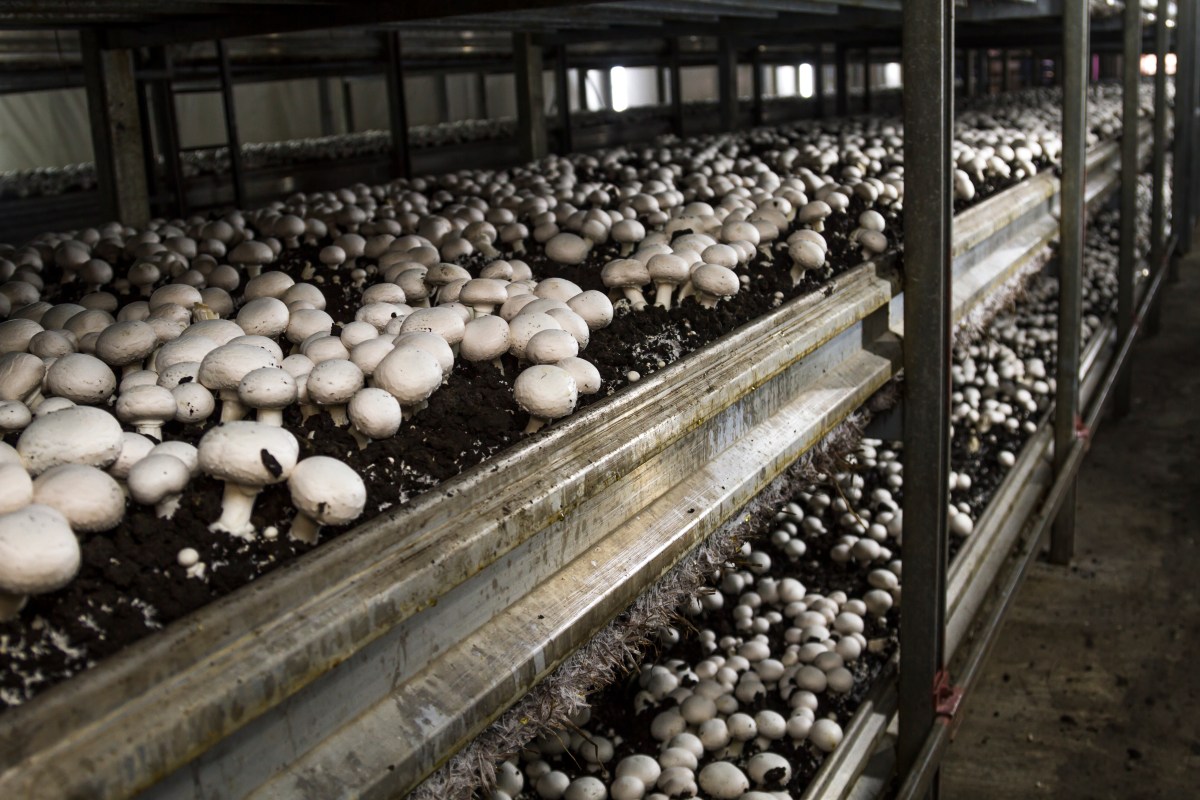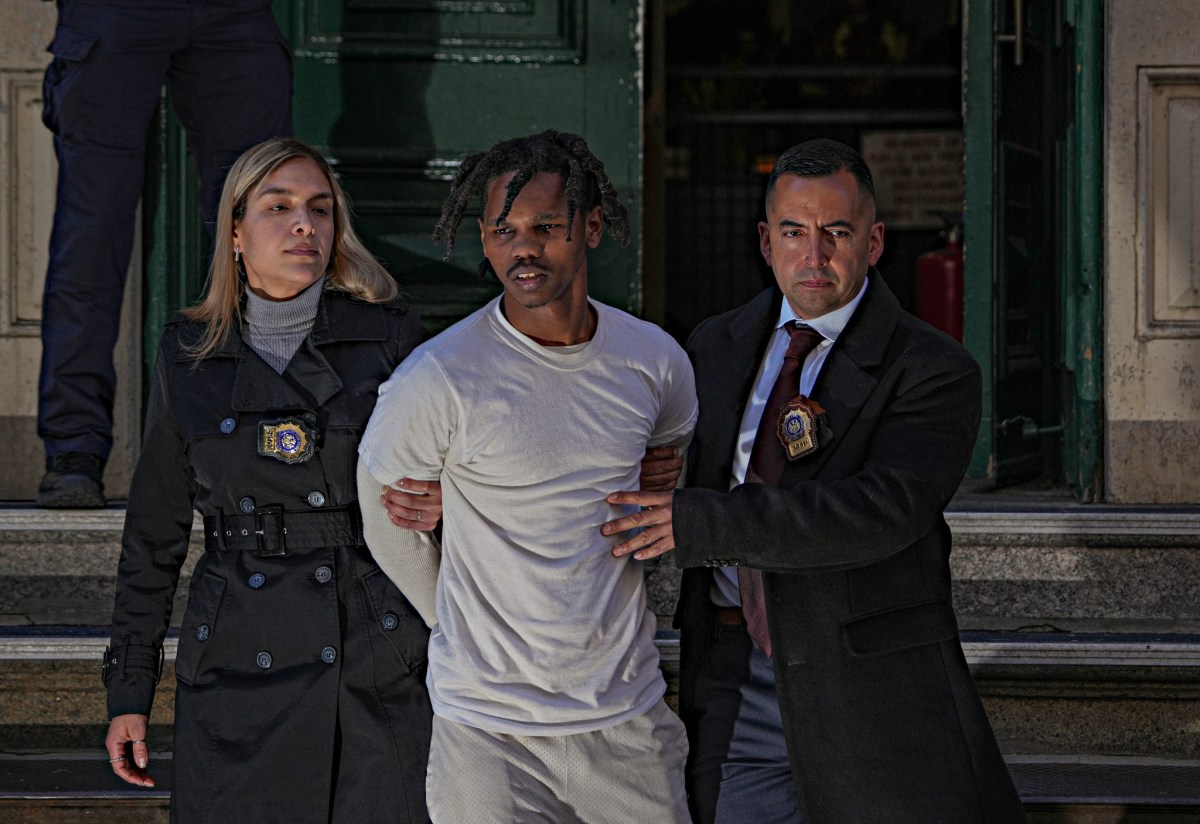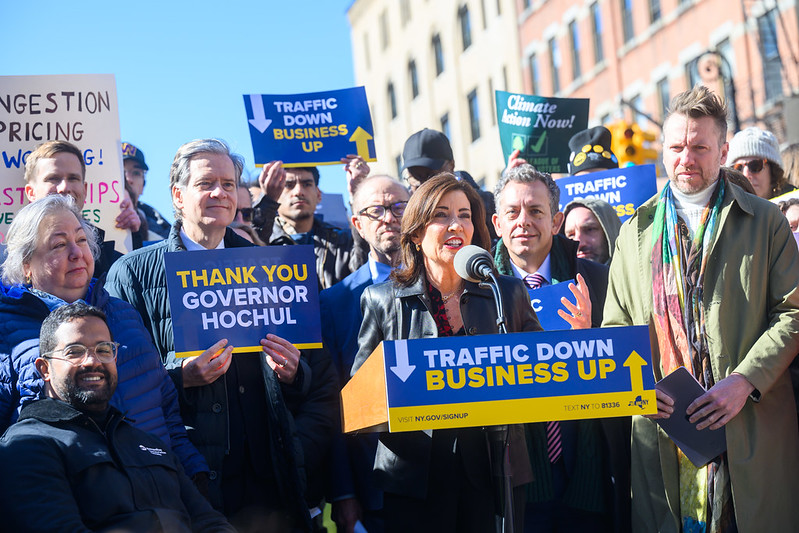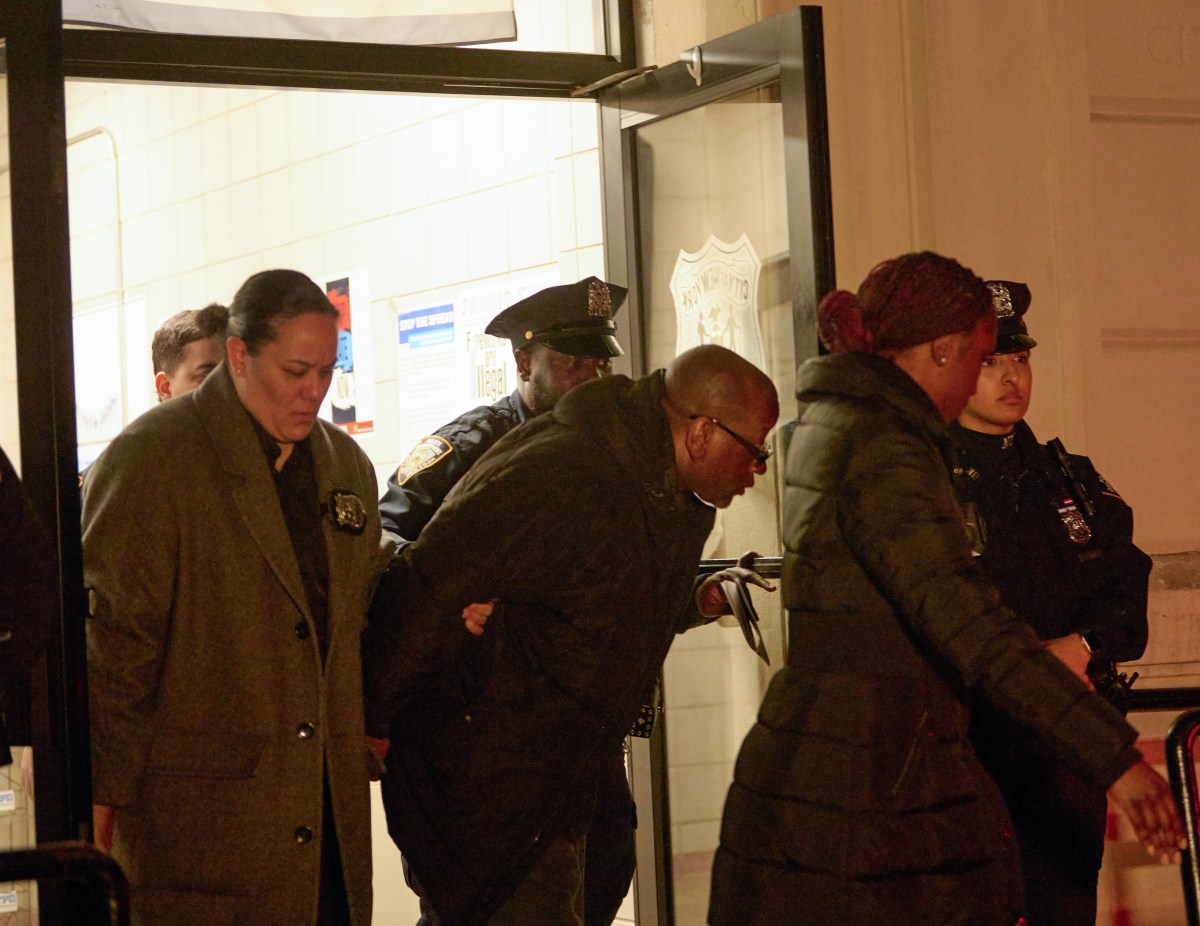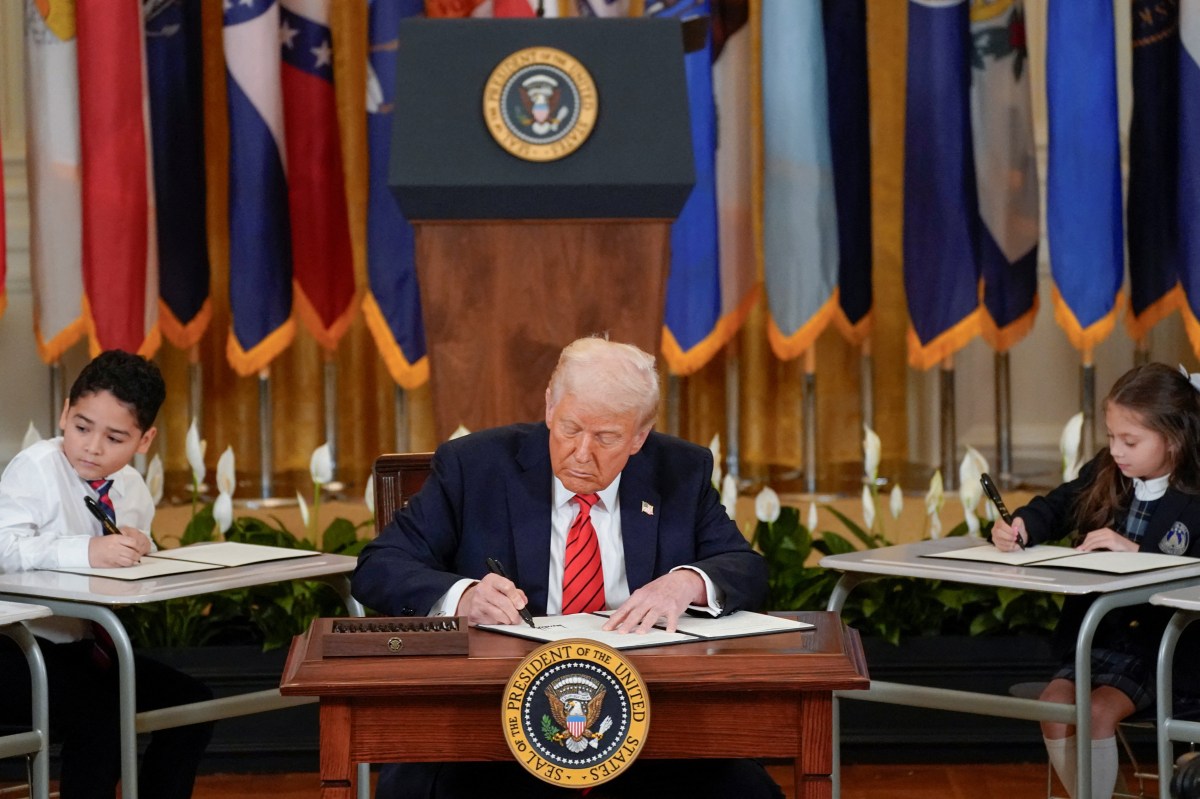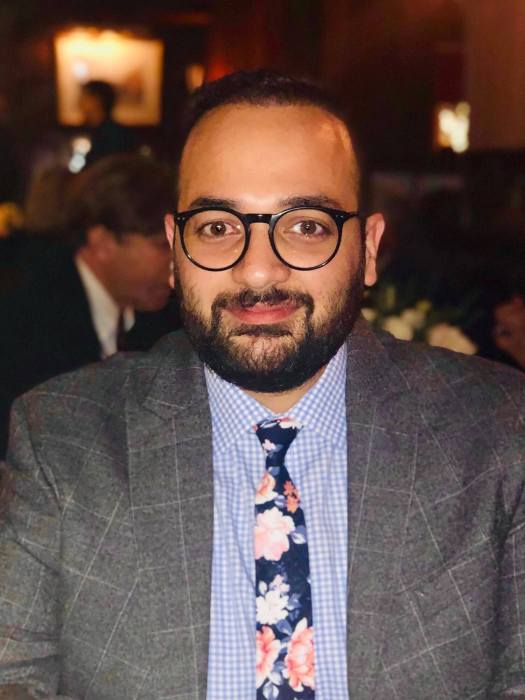ANTALYA, Turkey (Reuters) – NATO Secretary-General Jens Stoltenberg said on Friday that humanitarian corridors constituted the “bare minimum” of what Ukraine needs at this moment, and called on Russia to withdraw its forces and engage in diplomatic efforts in good faith.
Talks between Russian Foreign Minister Sergei Lavrov and Ukrainian counterpart Dmytro Kuleba in Turkey on Thursday made no apparent progress towards a ceasefire as the conflict entered its third week.
Speaking to Reuters on the sidelines of a forum in Antalya, Turkey, Stoltenberg said talks between the warring parties were important, but added any real solution was dependent on Russia withdrawing its troops.
“I continue to believe it is important that we work hard for a political, diplomatic solution,” Stoltenberg said. “The bare minimum is to establish humanitarian corridors where people can get out and humanitarian aid can get in.”
He said the nuclear rhetoric from Russian President Vladimir Putin was “dangerous” and “reckless”, and reiterated that NATO would not send troops or jets into Ukraine despite the repeated appeals from Ukrainian officials.
Stoltenberg said he understood “the desperate situation” but deploying soldiers or imposing a no-fly zone over Ukraine “would most likely… escalate the war to a full-fledged war between NATO and Russia,” he added.
Moscow calls its incursion a “special military operation” to disarm Ukraine and dislodge leaders it calls “neo-Nazis.” Kyiv and its Western allies dismiss that as baseless pretext for an unprovoked war against a democratic country of 44 million people.
Stoltenberg said on Friday that the bombing of a maternity ward on Thursday showed how “brutal” and “heinous” Russia’s war was, and stressed the importance of a ceasefire.
TURKEY’S S-400s
NATO member Turkey, which hosted the Russian and Ukrainian foreign ministers, shares a maritime border with both countries in the Black Sea and has good ties with them. It has called the invasion unacceptable and appealed for a ceasefire, but has also opposed sanctions on Moscow.
While forging close ties with Russia in defence, energy and trade, and heavily relying on Russian tourists, Turkey has also sold drones to Ukraine, angering Moscow. It also opposes Russian policies in Syria and Libya, as well as its annexation of Crimea in 2014.
Turkey had come under fire from its Western allies in recent years for its acquisition of Russian S-400 defence systems which prompted U.S. sanctions in December 2020.
Ankara says it was forced to buy the Russian weapons after allies were not willing to sell it NATO systems at satisfactory conditions.
Asked whether Moscow’s invasion shed new light on Turkey’s S-400s, Stoltenberg said it showed the importance of NATO allies not being dependent on Russian military equipment.
“It is not a good situation to be in that a NATO ally Turkey is not able to get access to systems from other NATO allies, but I think that at the same time … the brutal invasion by Russia of Ukraine demonstrates that no NATO ally should be dependent on military systems from Russia,” he said.
Moscow has said that all of its demands – including that Kyiv takes a neutral position and drops aspirations of joining NATO – must be met to end its assault.
(Reporting by Tuvan Gumrukcu; Editing by Jonathan Spicer and Raissa Kasolowsky)

